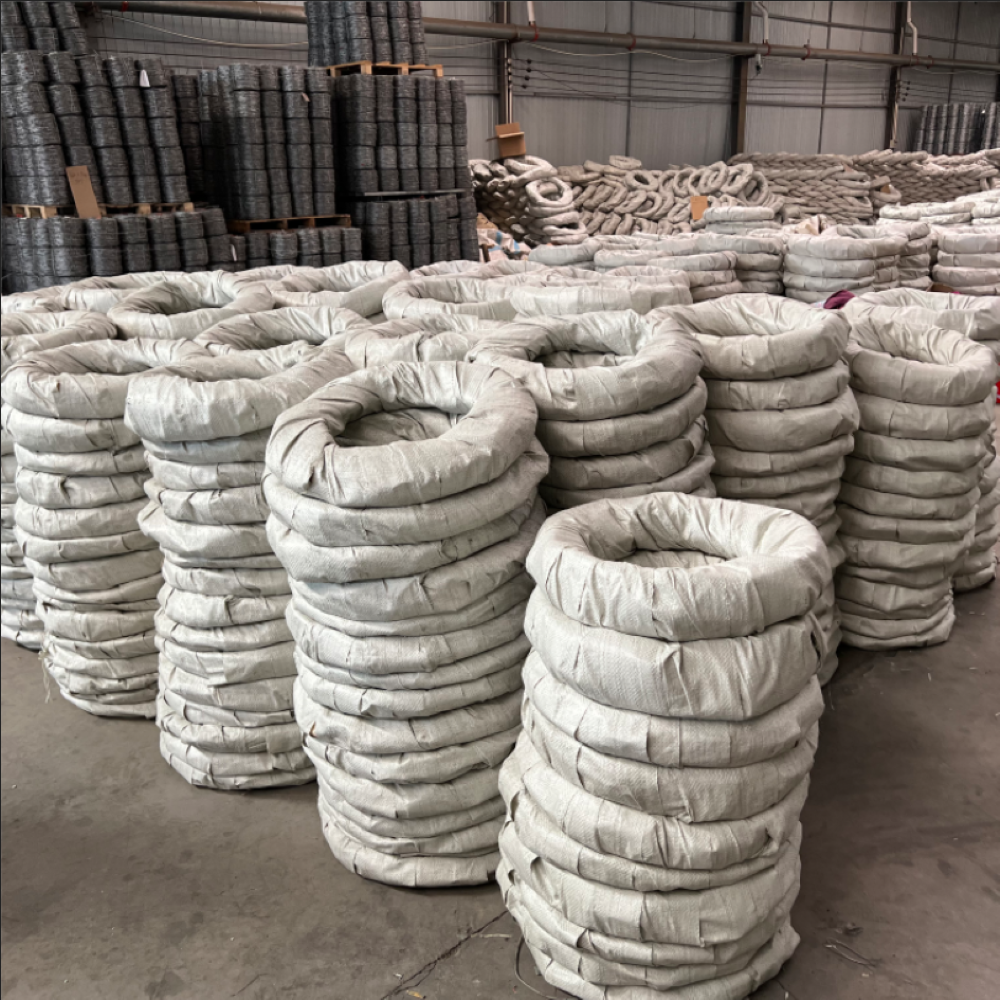Essential Nails for Installing Hardwood Flooring Choosing the Right Type and Size for Your Project
Nails for Hardwood Floor Installation Choosing the Right Fasteners
Installing hardwood floors is a rewarding project that can add beauty and value to any home. One of the critical aspects of this installation process is selecting the right nails. While it might seem trivial, the type of nails you use can significantly affect the durability and performance of your hardwood flooring. In this article, we’ll explore the various types of nails suitable for hardwood floor installation, their benefits, and tips for effective nailing.
Types of Nails for Hardwood Flooring
1. Cleave Nails (or Cut Nails) Cleave nails, also known as cut nails, are traditional fasteners used for hardwood flooring. They have a tapered design and a flat head, making them suitable for anchoring wood to a wooden subfloor. These nails provide excellent holding power due to their unique shape, which creates strong resistance against withdrawal. However, they require a hammer or mallet for installation and are generally used for solid hardwood floors.
2. Brad Nails Brad nails are much thinner than cleave nails and are commonly used in trim work and light hardwood floor installations. With a smaller head and a diameter that minimizes wood splitting, brad nails are ideal for securing softer, engineered hardwood options. However, they may not offer the same level of holding power as cleave nails, making them more suitable for less demanding applications.
3. Finish Nails Similar to brad nails but thicker, finish nails are typically used for flooring projects needing a more substantial fastening solution. They come in various lengths and can provide a stronger hold than brad nails while still being discreet in appearance. Finish nails are especially beneficial for installing hardwood trim and moldings as well.
4. Screws While not nails, screws are sometimes used for hardwood flooring installations. They provide superior holding power and eliminate the risks of nail pops due to changes in humidity and temperature. Screws are especially useful for securing hardwood planks in high-traffic areas where stability is a priority. However, they require pre-drilling, which adds to the installation time.
Factors to Consider When Choosing Nails
When selecting nails for hardwood floor installation, it's essential to consider several factors
- Type of Wood Different hardwood species may require specific types of nails. For example, denser woods like oak or maple benefit from cleave nails due to their strength and holding capacity.
nails for hardwood floor installation

- Floor Thickness The thickness of the hardwood flooring will influence your choice of nails
. Longer nails are necessary for thicker planks to ensure they penetrate adequately into the subfloor.- Subfloor Material Understanding the material of your subfloor is crucial. Wood subfloors allow for different fastening techniques than concrete or plywood, which may require nail guns or specialized fasteners.
- Installation Method Depending on whether you're using a nail-down, staple-down, or glue-down method, your choice of nails will vary.
Tips for Effective Nailing
- Pre-drill Holes For hardwood species that are prone to splitting, it’s advisable to pre-drill holes before nailing. This ensures a tight fit without damaging the wood.
- Use the Right Tools A nail gun can streamline the installation process, especially for large areas. Ensure you are using the correct gauge and type of nails for your nail gun.
- Space the Nails Properly Follow manufacturer recommendations for spacing nails, typically around 6-8 inches apart, to ensure optimal stability and reduce the risk of warping.
Conclusion
Selecting the right nails is a crucial step in the hardwood floor installation process. By understanding the various types of nails and considering factors such as wood type, floor thickness, and installation method, you can ensure a robust and lasting hardwood floor. With the right fasteners in place, you’ll achieve a beautiful flooring result that enhances your home for years to come.
-
Space-Saving Chain Fence Hacks Vertical Gardening with Cyclone MeshNewsJul.16,2025
-
Innovations in Iron Nail Wire Production for Modern ConstructionNewsJul.16,2025
-
Creative Uses of Wire Netting Fence in Modern Landscape DesignNewsJul.16,2025
-
Barbed Wire Fence Innovations in Anti-Climb TechnologyNewsJul.16,2025
-
Architectural Uses of Umbrella Nails for Aesthetic Roof DesignsNewsJul.16,2025
-
Architectural Uses of Razor Barbed Wire in Secure Urban DesignNewsJul.16,2025




